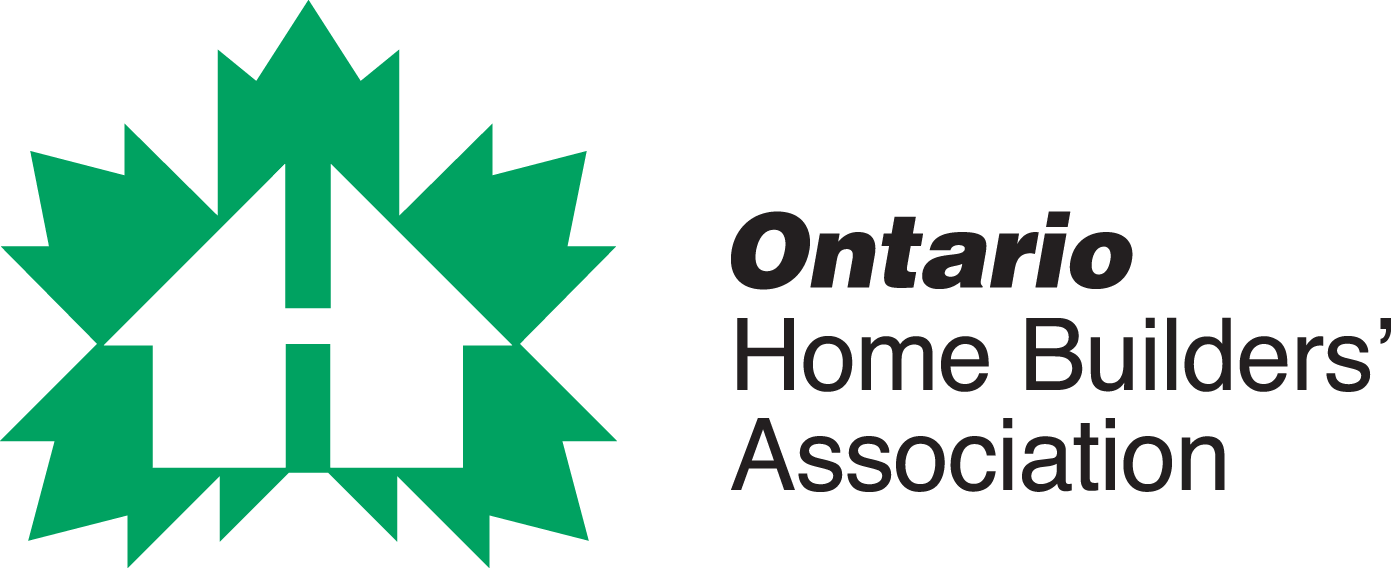|
If you own land and plan to hire a contractor to build your new home, here's some advice - Get it in Writing!
Without a written contract that fully defines the work you're paying for and establishes that the contractor is operating their business properly, you could face significant risks if something goes wrong. Here's why:
As the property owner, you could end up being responsible in a number of different ways when construction work is carried out on your property. You could face significant legal and financial problems if the proper measures are not in place and documented in a written contract.
For instance, in some provinces homeowners are billed for injury and rehabilitation costs if someone they hire is injured and does not have Workers' Compensation coverage. If your construction project does not comply with local building codes, you-not the contractor-are responsible. And without a written contract, you will have difficulty taking action against a contractor whose work is incomplete or badly done.
Whether you hire a general contractor to take overall responsibility for your project or you act as your own general contractor and hire others to work under your direction, as the owner of the land you need proper protection in case something goes wrong.
There are three aspects to this protection.
First, you need a clear and comprehensive written agreement with any contractor you hire, covering all aspects of the work to be done. Among other things, the contract needs to describe the work in detail, including the materials to be used, the work schedule, what you will be charged and when you will pay. Working drawings and specification lists are normally part of the contract.
Second, you need to have proof, incorporated into the contract, that the contractor is protecting you from a number of potential risks. This includes:
- Business liability insurance in case your home is damaged, there is an accident or if something is stolen from the work site.
- Workers' Compensation coverage for all workers. In provinces where this is not mandatory for self-employed workers, you should require proof of equivalent private disability coverage.
- Assignment of responsibility for obtaining required permits and inspections.
- A Business Number or GST/HST number.
- A valid license, if your municipality requires licensing of contractors.
- Lien holdback arrangements that conform to provincial requirements, to limit you your responsibly for debts that the contractor incurs while working on your home.
- Coverage from a new home warranty provider.
Third, you need to talk with your homeowner insurance representative before any work begins, to make certain your policy covers the risks related to your project - many homeowners' policies do not automatically provide such coverage.
Some consumers try to save money by hiring contractors "under the table", without a contract and with all payments made in cash. Unfortunately, they often have little idea of the significant financial risks involved in such "underground" cash deals. The price is lower for a reason - the consumer is not protected. Reputable contractors who are in business for the long term don't work this way. Any contractor who offers a special "cash discount" on work done without a proper contract should be avoided. The risks are simply too great. To learn more, visit www.HiringAContractor.com, part of the Get it in Writing! consumer information campaign from the Canadian Home Builders' Association.



